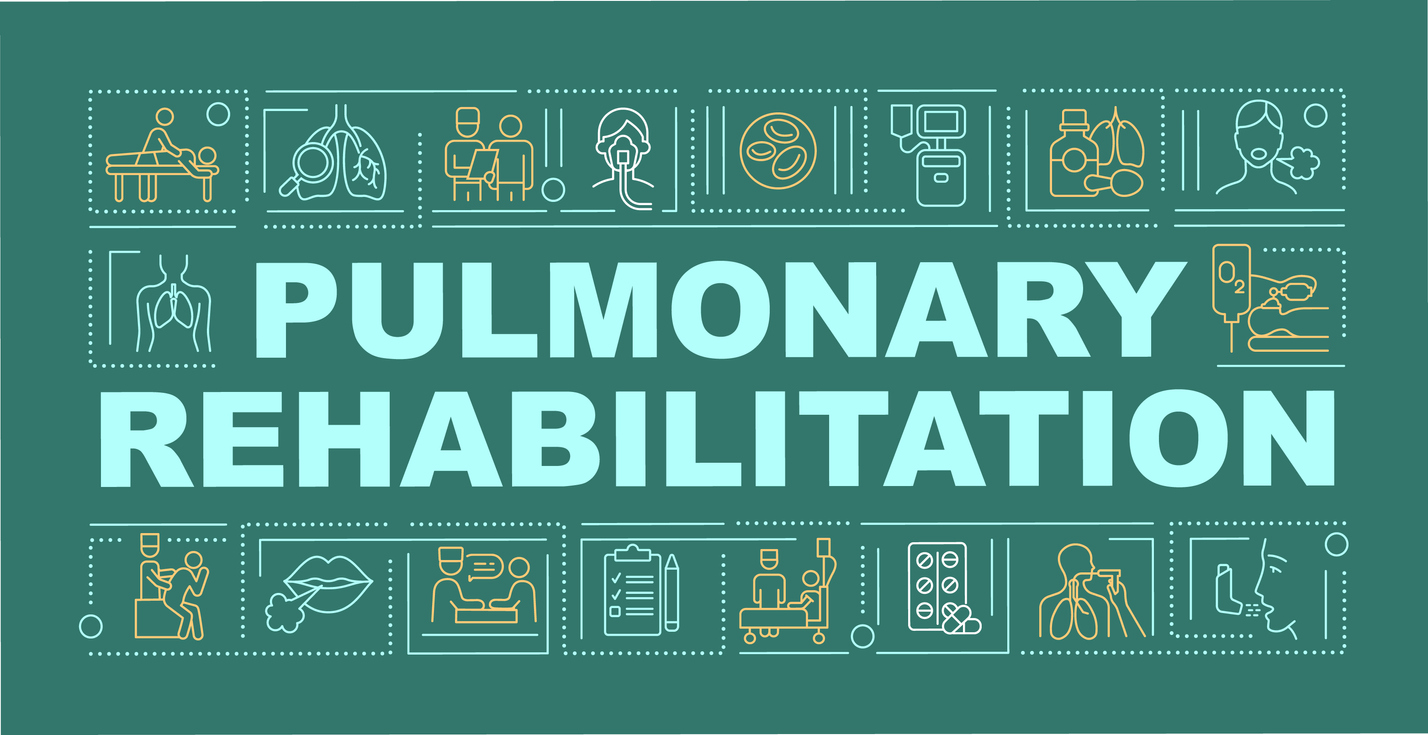
The annual celebration of National Pulmonary Rehabilitation Week is designed to highlight the importance of pulmonary rehab programs to the health and quality of life of lung disease patients — estimated to number more than 34 million in the U.S. alone.
Organized by the American Association of Cardiovascular and Pulmonary Rehabilitation (AACVPR), this year’s National Pulmonary Rehabilitation Week takes place March 12-18.
The association assigns topics to each of the workdays: education, outreach, community, advocacy/education and celebration. Those who work in the field are invited to share a “tell-all” tale showcasing their passion for the job by recording a 60-second testimonial video.
Of course, no celebration would be complete without appropriate music. The AACVPR web site provides a Spotify playlist including such hits as “Every Breath You Take” by The Police, “I’ll Hold My Breath” by Ellie Goulding, and “Take My Breath” by The Weekend.
The American Lung Association keeps track of the number of people living with lung disease in the U.S. and provides education and support programs.
The association’s Lung HelpLine is staffed by registered nurses, respiratory therapists, certified tobacco treatment specialists and counselors.
Here are five things you should know about pulmonary rehabilitation:
Such programs typically use a small-group format to teach people to manage their symptoms, complications, oxygen and medications. They also help reduce hospitalizations, and improve breathing and quality of life.
Pulmonary rehab can help get people back as close as possible to their life prior to the onset of their illness, says Linda Sawchuk, a respiratory therapist and Better Breathers Club facilitator at Beaumont Pulmonary Rehabilitation Center in Michigan, in an American Lung Association blog.
The programs offer supervised exercise classes and instruction, breathing techniques, emotional health support and nutritional counseling.
People with chronic lung disease often avoid exercise but the right exercises, done appropriately, can help with heart and muscle strength, increase energy levels and help use oxygen more efficiently.
Sometimes it’s as simple as using a chair for help with aerobics, weights and yoga.
Patients with chronic obstructive pulmonary disease (COPD), chronic bronchitis and/or emphysema, asthma, interstitial disease, bronchiectasis, cystic fibrosis, chest wall disease or neuromuscular disease are among those who qualify for pulmonary rehabilitation.
Attaining and maintaining healthy weight is important to everyone’s overall health, but excess body weight can contribute to shortness of breath. At the same time, body weight that is too low decreases one’s ability to fight infections.
Skills taught in pulmonary rehab can help avoid hospital visits, complications and can improve quality of life. Many programs offer a maintenance option that enables clients to return for support groups and exercise classes as desired.


